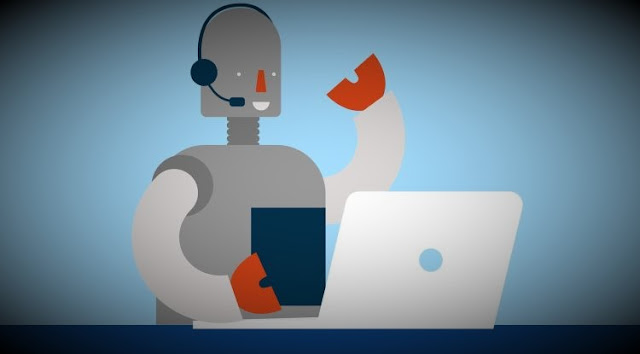As ChatGPT gains popularity, misconceptions about this AI-powered conversational agent abound. As a reporter, it's important to set the record straight on some of the most common misunderstandings surrounding this tool. Let's take a closer look at three of them.
- Firstly, many people assume that ChatGPT is a human-like chatbot. While it's true that ChatGPT simulates human-like conversation, it's important to clarify that this is an artificial intelligence system, not a real person. Its responses are based on patterns learned from vast amounts of text data, and it doesn't possess emotions or consciousness like a human would.
- Secondly, there's a belief that ChatGPT always provides accurate and reliable responses. However, this couldn't be further from the truth. Although ChatGPT is impressive at generating responses, it's a machine learning model, meaning its responses can be influenced by the quality and bias of the data it was trained on. Additionally, there may be cases where it generates inappropriate or offensive responses.
- Lastly, some people think that ChatGPT is a problem-solving superhero, capable of solving any issue thrown its way. While ChatGPT is an incredibly useful tool, it's not a replacement for human expertise, creativity, and intuition. There are certain types of problems that require human intelligence to solve, and ChatGPT may not be able to provide meaningful solutions in these cases.
In conclusion, ChatGPT is a powerful tool for generating responses and providing insights. However, it's essential to understand its limitations. By having a realistic understanding of ChatGPT's capabilities, users can take full advantage of its strengths while avoiding potential pitfalls. As a reporter, it's crucial to separate fact from fiction and ensure that readers have the most accurate information available.
-----------
Author: Trevor Kingsley
Tech News CITY // New York Newsroom





